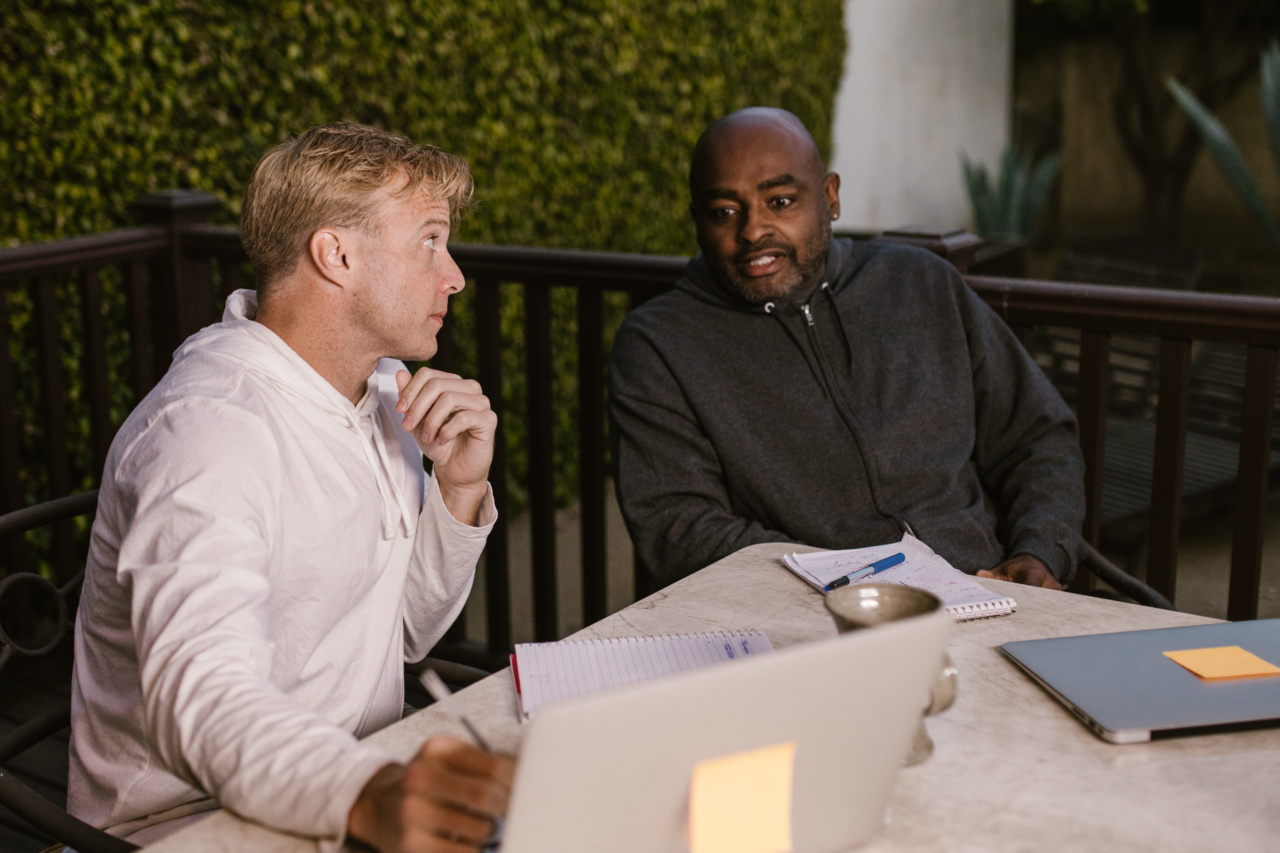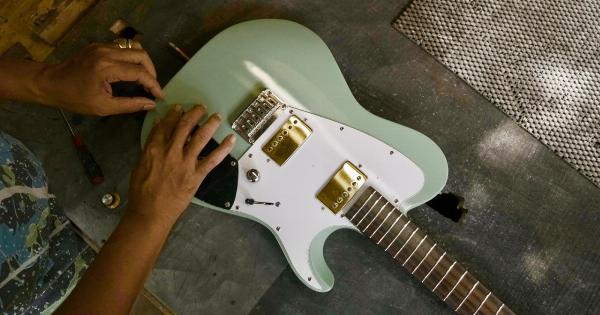Bringing home a new puppy is an exciting and joyous occasion. However, one of the first and most important tasks you will need to tackle is potty training.
Potty training your puppy can be a challenging and time-consuming process, but with the right knowledge and approach, you can set your pup up for success. In this article, we will share three essential tips to help you potty train your puppy effectively.
1. Establish a Routine
Establishing a routine is crucial when it comes to potty training your puppy. Dogs are creatures of habit, and a consistent routine will help your puppy understand when and where they are supposed to go potty.
Start by setting regular feeding times for your puppy. This will help regulate their bowel movements and allow you to anticipate when they will need to relieve themselves.
Take your puppy outside to their designated potty area immediately after meals and give them plenty of time to do their business.
It’s also important to establish a routine for bathroom breaks throughout the day. Take your puppy outside first thing in the morning, after naps, after playtime, and before bedtime.
This consistent schedule will reinforce the appropriate times and places for your puppy to go potty.
2. Use Positive Reinforcement
Positive reinforcement is key to successful potty training. Providing your puppy with praise, treats, and rewards will motivate them to repeat the desired behavior of going potty outside.
When your puppy successfully eliminates outside, immediately praise them with enthusiasm and offer a tasty treat. This positive association will help them understand that going potty in the designated area is a desirable behavior.
Be consistent with your rewards and praise every time your puppy goes potty outside.
Avoid scolding or punishing your puppy for accidents that occur indoors. Negative reinforcement can create fear and anxiety, making the training process more challenging.
Instead, focus on rewarding and reinforcing the desired behavior of going potty outside.
3. Supervise and Confine your Puppy
During the initial stages of potty training, it’s important to closely supervise your puppy to prevent accidents and promote success.
By keeping a close eye on your pup, you can catch any signs that they need to go potty and quickly redirect them to the appropriate spot.
When you cannot directly supervise your puppy, be sure to confine them to a small, puppy-proofed area such as a crate or a playpen.
Dogs naturally do not like to eliminate in their living space, so confining them to a smaller area will discourage them from going potty indoors.
As your puppy begins to understand the concept of potty training, you can gradually increase their freedom within the house. Always supervise them when they have access to new areas to prevent accidents and reinforce the desired behavior.
Conclusion
Potty training your puppy requires patience, consistency, and positive reinforcement.
Establishing a routine, using positive reinforcement, and closely supervising and confining your puppy are three essential tips that will help you succeed in potty training your furry friend.
























